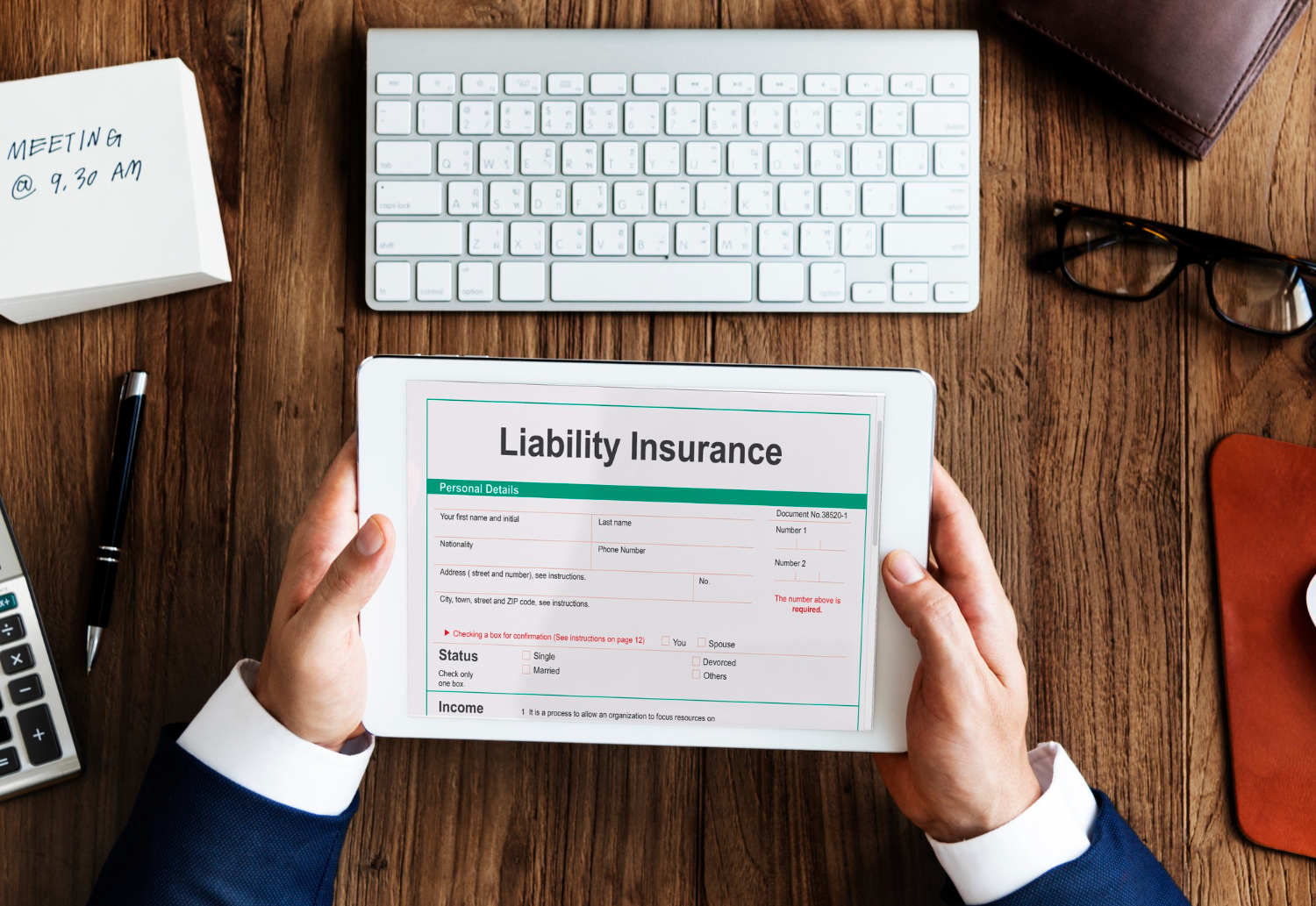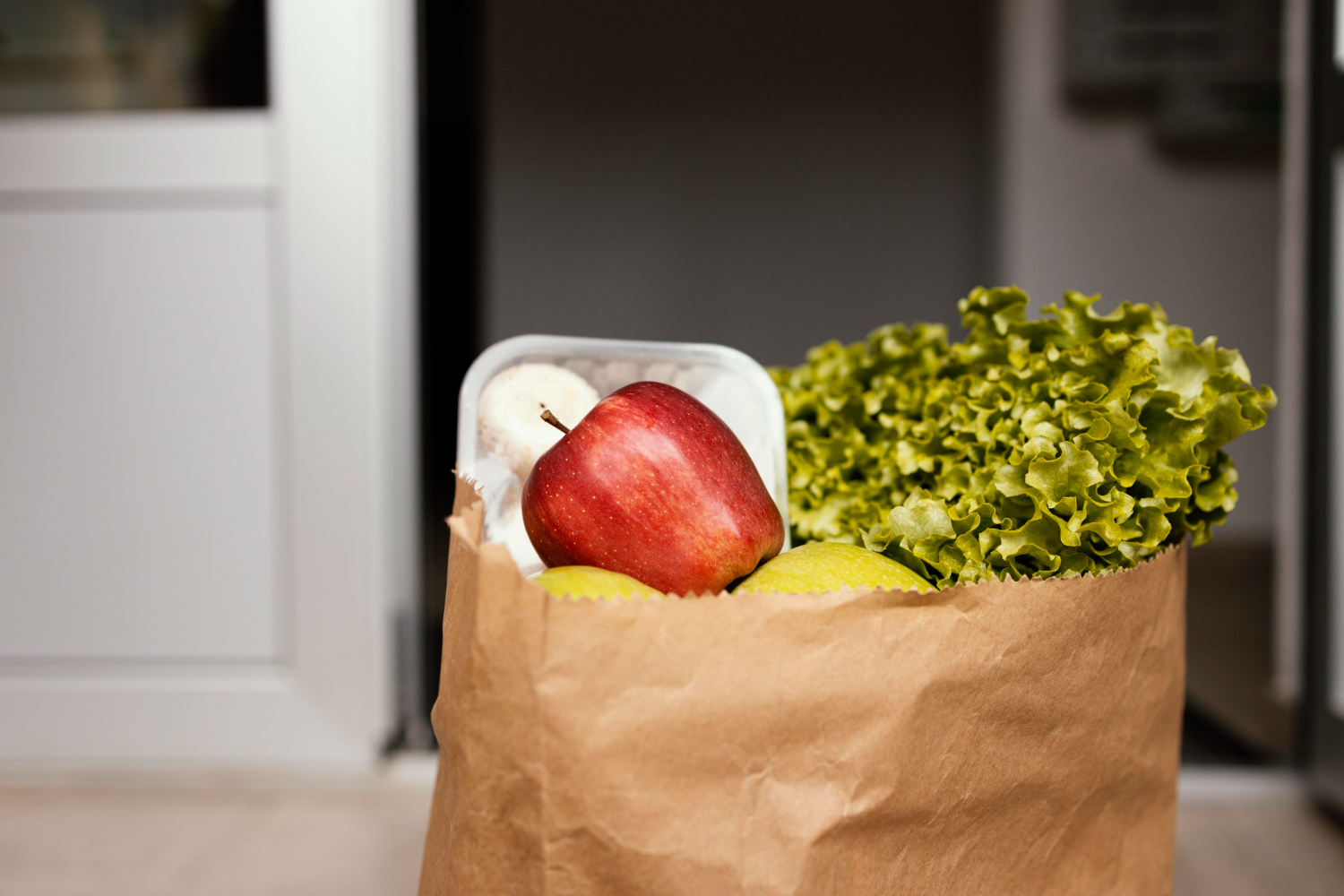In the ever-evolving restaurant industry landscape, operators face many challenges daily. From fluctuating food costs to labor shortages, there is a constant need for adaptation and innovation. However, in recent years, one challenge has been steadily gaining momentum and causing concern within the industry – the increasing property costs and general liability insurance.
The restaurant business is no stranger to adversity, having weathered the storm of the COVID-19 pandemic, among other trials. Nevertheless, the rising insurance rates are proving to be a particularly tough nut to crack. According to industry experts, several factors contribute to this surge in insurance costs, making it an even more complex issue.
One of the primary drivers behind the soaring insurance rates is the unprecedented number of catastrophic weather events, often abbreviated as CAT events. Moody’s, a renowned financial services company, estimates that these events have resulted in an average of $100 billion in losses over the past five years alone. These events, ranging from hurricanes to wildfires, have left a trail of destruction in their wake, leading to substantial property damage claims.
David Smith, an insurance industry expert, explains, “Property insurance rate hikes are primarily due to the unheard-of number of catastrophic (CAT) weather events, which Moody’s estimates averaged $100 billion in losses in the past five years. Finding insurance carriers is more complex than ever before. As many know, carriers like State Farm pulled out of the Florida market. Still, coverage is more challenging to attain in most weather-affected states, and the number of regions experiencing CAT events is growing. Only when weather events subside will finding insurance carriers to write property insurance be easy.”
With insurers grappling with mounting claims and the increasing unpredictability of weather patterns, securing coverage has become an intricate process. As a result, some major insurance carriers have opted to withdraw from specific markets, like the example of State Farm exiting the Florida market. Finding suitable insurance coverage in states prone to severe weather events has become even more daunting for restaurant operators.
While property insurance costs have surged due to the impact of catastrophic weather events, general liability insurance is also on the rise. Several factors are driving this increase, including the tight labor market. The COVID-19 pandemic led many veteran staff members to leave the restaurant and hospitality industry, and restaurants and hotels had to fill positions with less experienced employees. This transition has had significant consequences for liability claims.
David Smith elaborates on this: “We’ve seen a lack of training as restaurants and hotels lost many of their veteran staff during the COVID lockdowns and had to fill positions with new, less experienced employees. As a result, locations have seen costly ‘premises liability’ claims from customers.” These claims can range from incidents as seemingly minor as a customer tripping and falling due to a poorly mopped floor to more severe cases involving improper food handling or customer service disputes.
Furthermore, the current environment has become increasingly belligerent, partly due to the widespread use of social media. The power of social platforms allows customers to voice their complaints and concerns with ease, often leading to an escalation of disputes and an uptick in liability claims. This heightened litigiousness has put additional pressure on general liability insurance rates.
Given these challenges, it is evident that insurance rates across the board are likely to continue their upward trend. However, restaurant operators still have recourse. It is possible to mitigate potential risks and manage insurance costs effectively by taking proactive measures.
One strategy that operators can consider is leveraging buying pools. Operators can negotiate more favorable insurance rates by collaborating with other restaurants or businesses in their industry. The combined purchasing power of a buying pool often results in cost savings that are difficult to achieve individually.
Additionally, franchisors and franchisees within the restaurant industry may explore the possibility of negotiating insurance programs tailored to the needs of franchised restaurant groups. By creating a unified front, franchisors and franchisees can harness their collective strength in the marketplace to secure more competitive insurance rates.
In conclusion, the rising property costs and general liability insurance present a significant challenge for restaurant operators. However, restaurateurs can manage insurance costs by proactively exploring innovative solutions such as leveraging buying pools and negotiating specialized insurance programs. Restaurants must continue to ensure their financial stability, even before a claim, by offering thoughtful packages and performing sound operations.
Florida Food Handler Certificates
Avoid fines by ordering your Florida Department of Business and Professional Regulation-approved Food Worker Program certificates today. They’re available for just $4 each. Program #5552749. Place your order online here or call (561) 703-7196
***Please note that the insightful and engaging content provided on our platform is crafted by our dedicated Marketing Department’s content writing team. While Ken Kuscher is the esteemed figure and expert within our industry, the articles and blog posts available are not personally authored by Ken.





